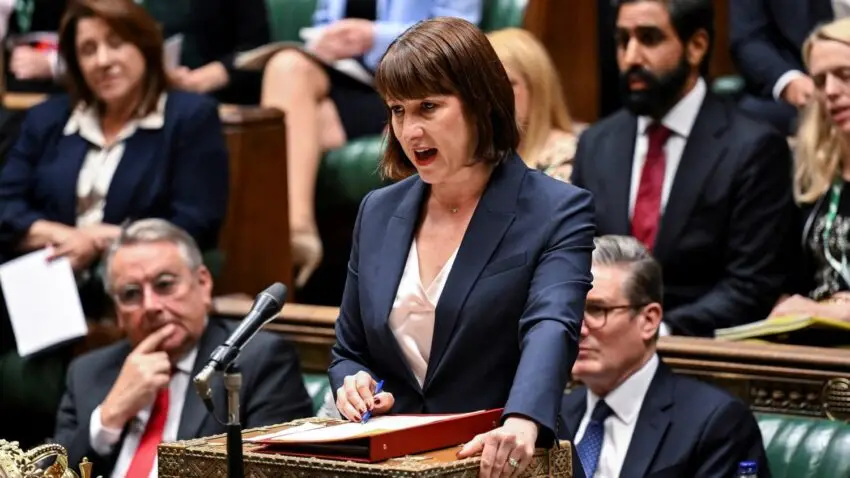The Organisation for Economic Co-operation and Development (OECD) has issued a stark warning regarding the United Kingdom’s public finances. Ahead of Chancellor Rachel Reeves’ first budget on 30 October, the OECD recommends vital fiscal reforms to stabilise the nation’s economy.
The OECD’s recommendations focus on three main areas: tax reforms, changes to pensions, and increased public investment. The organisation has highlighted the heavy financial pressures from healthcare, pensions, and climate change, which are exacerbating an already dire situation marked by high debt, rising interest payments, and sluggish economic growth.
The report aligns with warnings from other institutions about Britain’s unsustainable debt levels. The Office for Budget Responsibility recently forecasted that debt could reach 270% of GDP over the next 50 years. To combat this, Reeves is expected to consider raising taxes to address the £22 billion in government overspending.
One of the OECD’s key proposals is to revise the pension triple lock system. Currently, it is tied to the highest of 2.5%, inflation, or wage growth. The OECD suggests aligning it with an average of inflation and wage growth to make it more sustainable. Additionally, the abolition of stamp duty is recommended to encourage mobility within the housing market.
The OECD also emphasises the need to reassess current fiscal rules that equate public investment with day-to-day spending. This reassessment could potentially allow greater investment in projects that enhance productivity. Other proposals include unfreezing fuel duty, simplifying income tax, and reducing the amount of interest that companies can deduct from their tax bills.
Another significant recommendation is to update property valuations for council tax. The current valuations are based on 1991 figures, which the OECD deems outdated. The UK’s debt, nearly 100% of GDP, has been exacerbated by events such as the 2008 financial crisis, the pandemic, and rising energy prices.
Economists caution that debt becomes unsustainable when interest payments outpace economic growth, a scenario the UK is now facing. Over the next five years, approximately 9p in every £1 of government spending will go towards debt interest payments. The Treasury acknowledges the challenging fiscal environment and stated that “difficult decisions lie ahead” as the chancellor prepares for the upcoming budget.
The OECD’s recommendations underscore the urgent need for comprehensive fiscal reforms to stabilise the UK’s public finances. With debt levels approaching precarious heights and significant economic challenges ahead, substantial action is necessary to secure the nation’s fiscal future.

